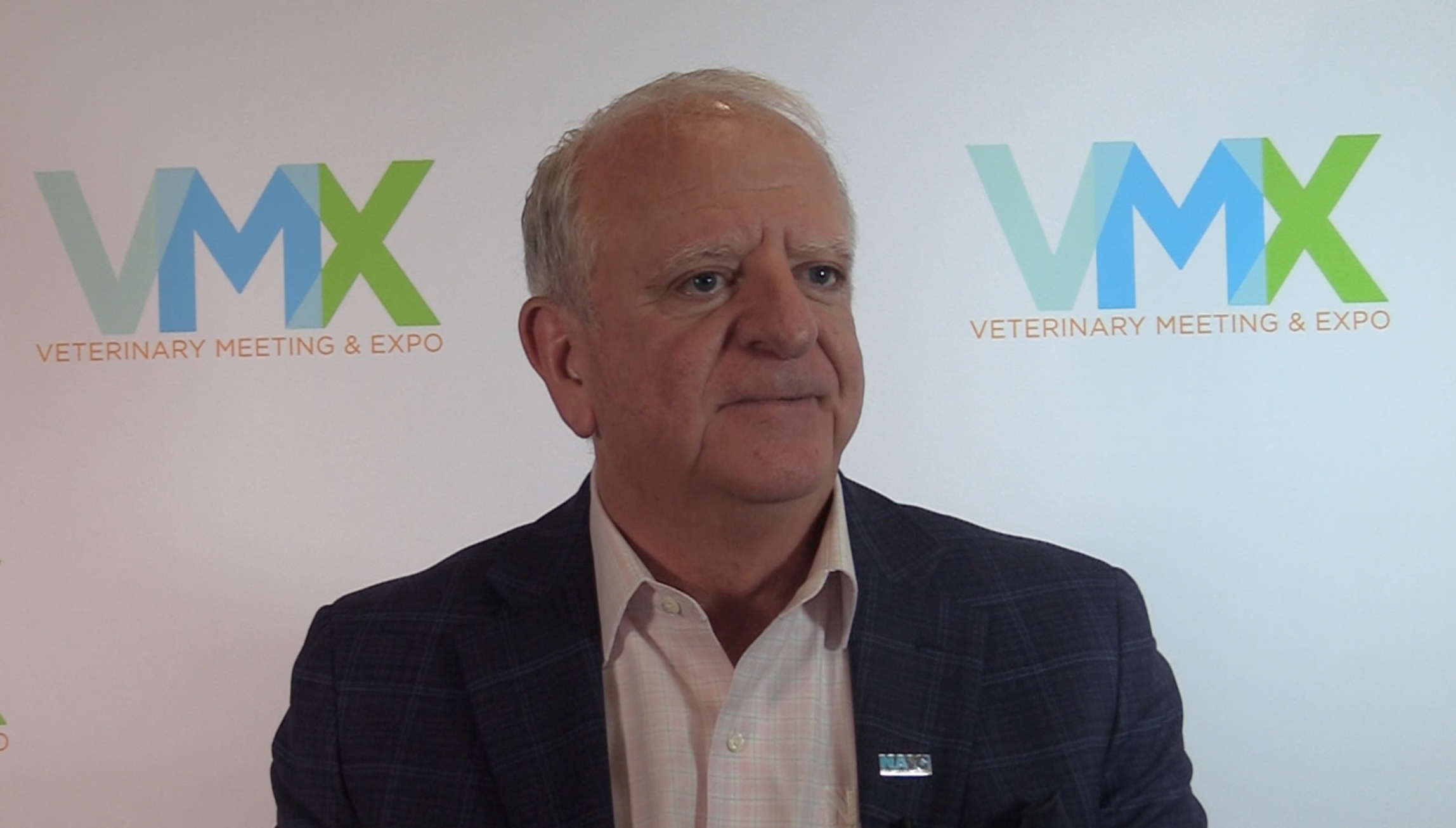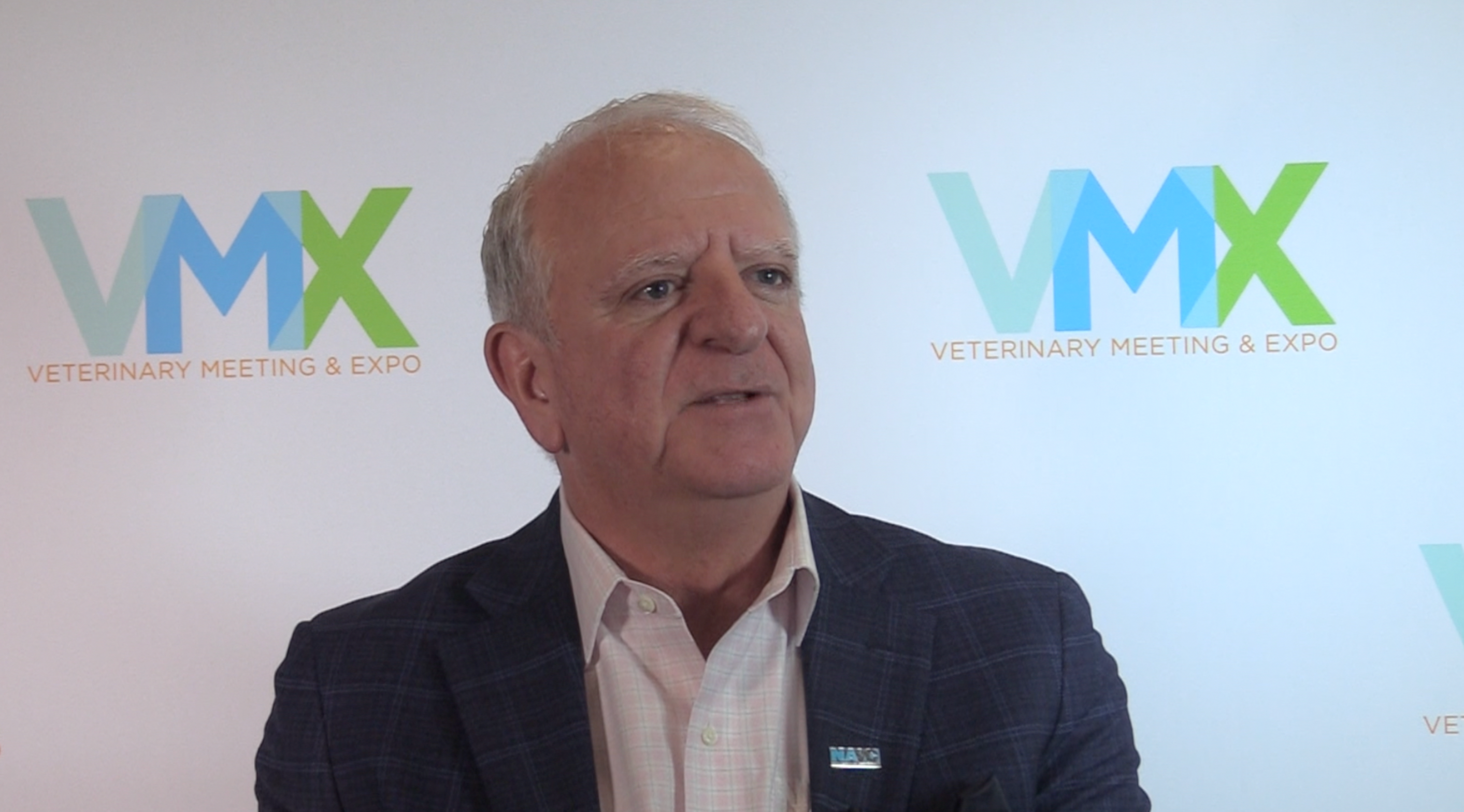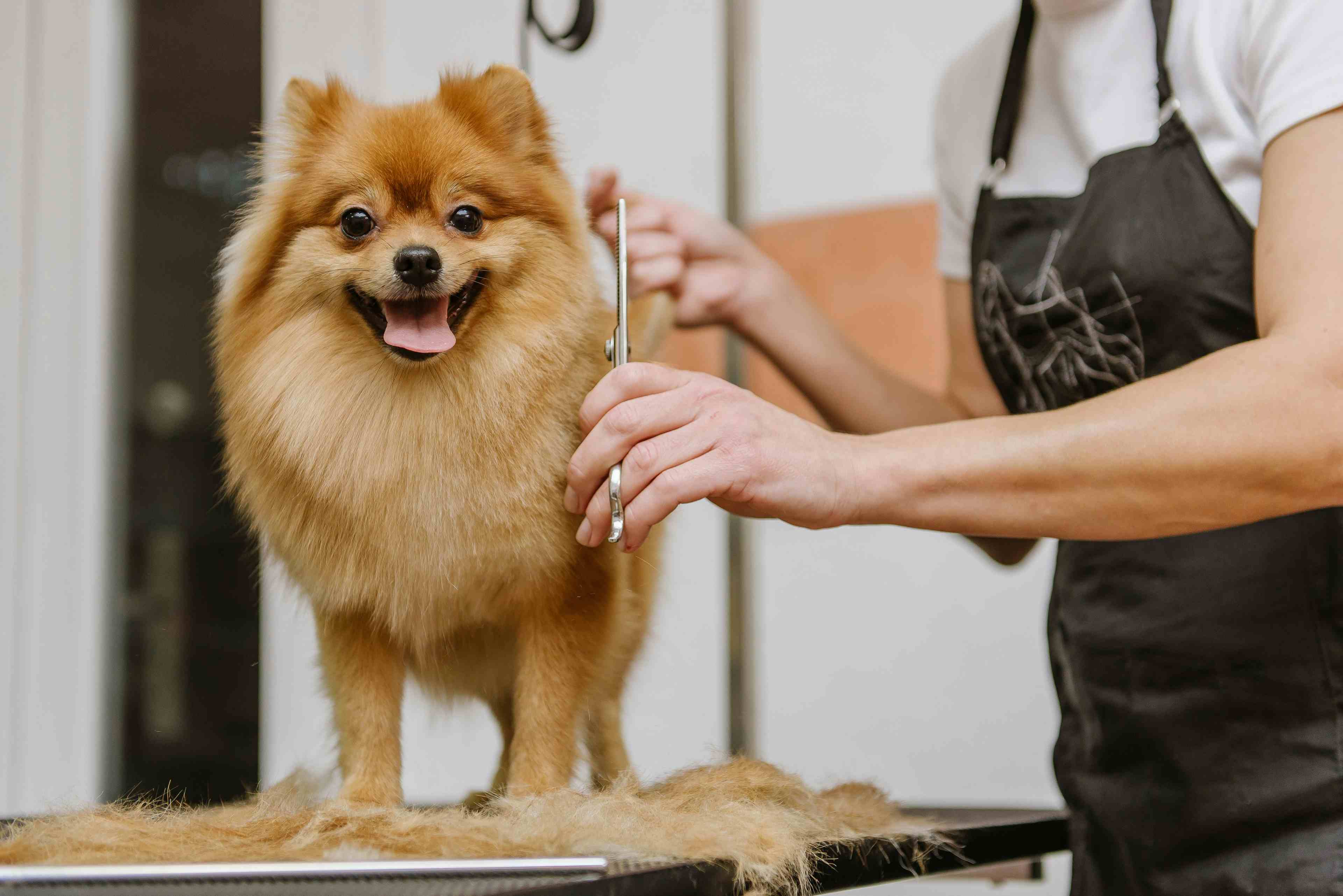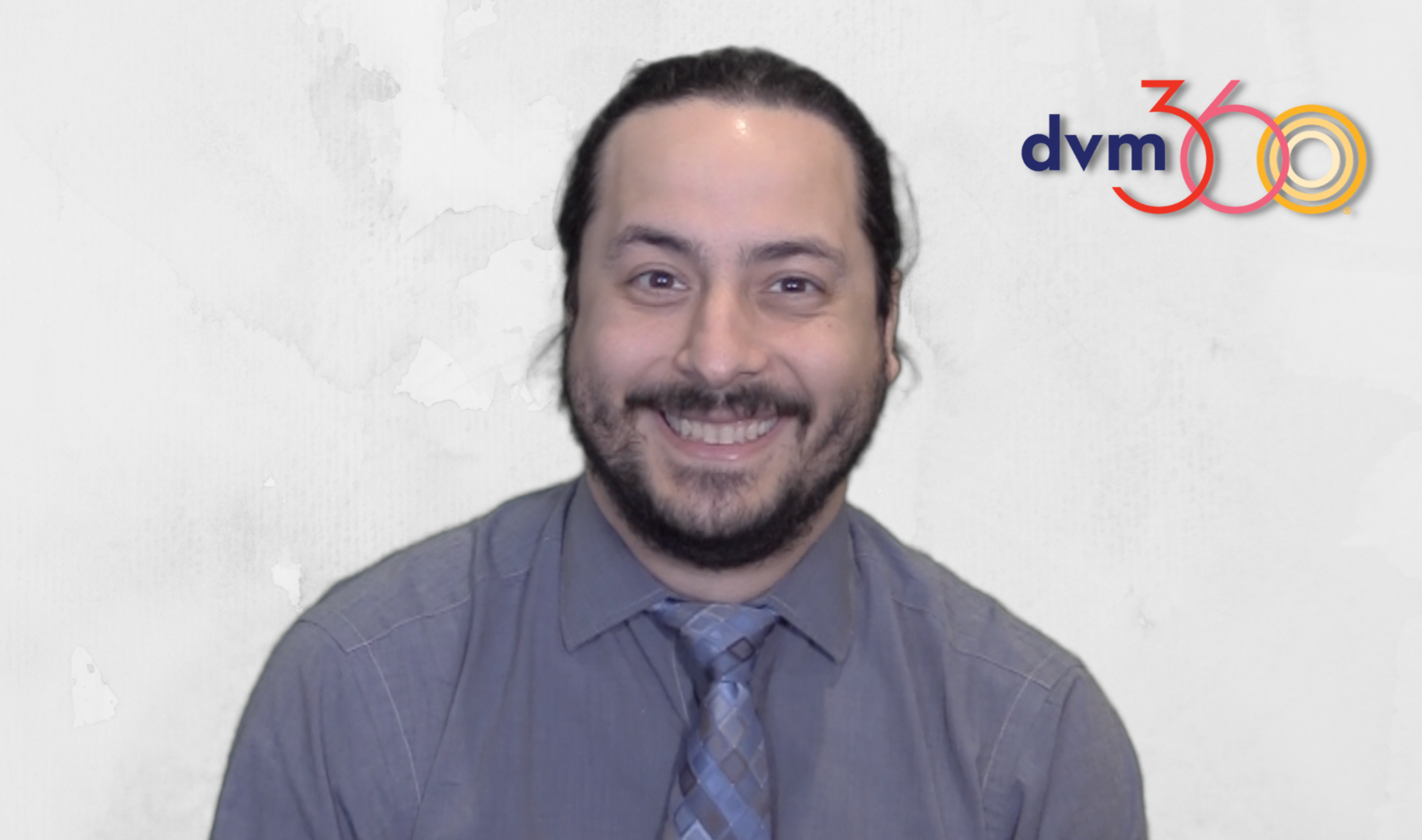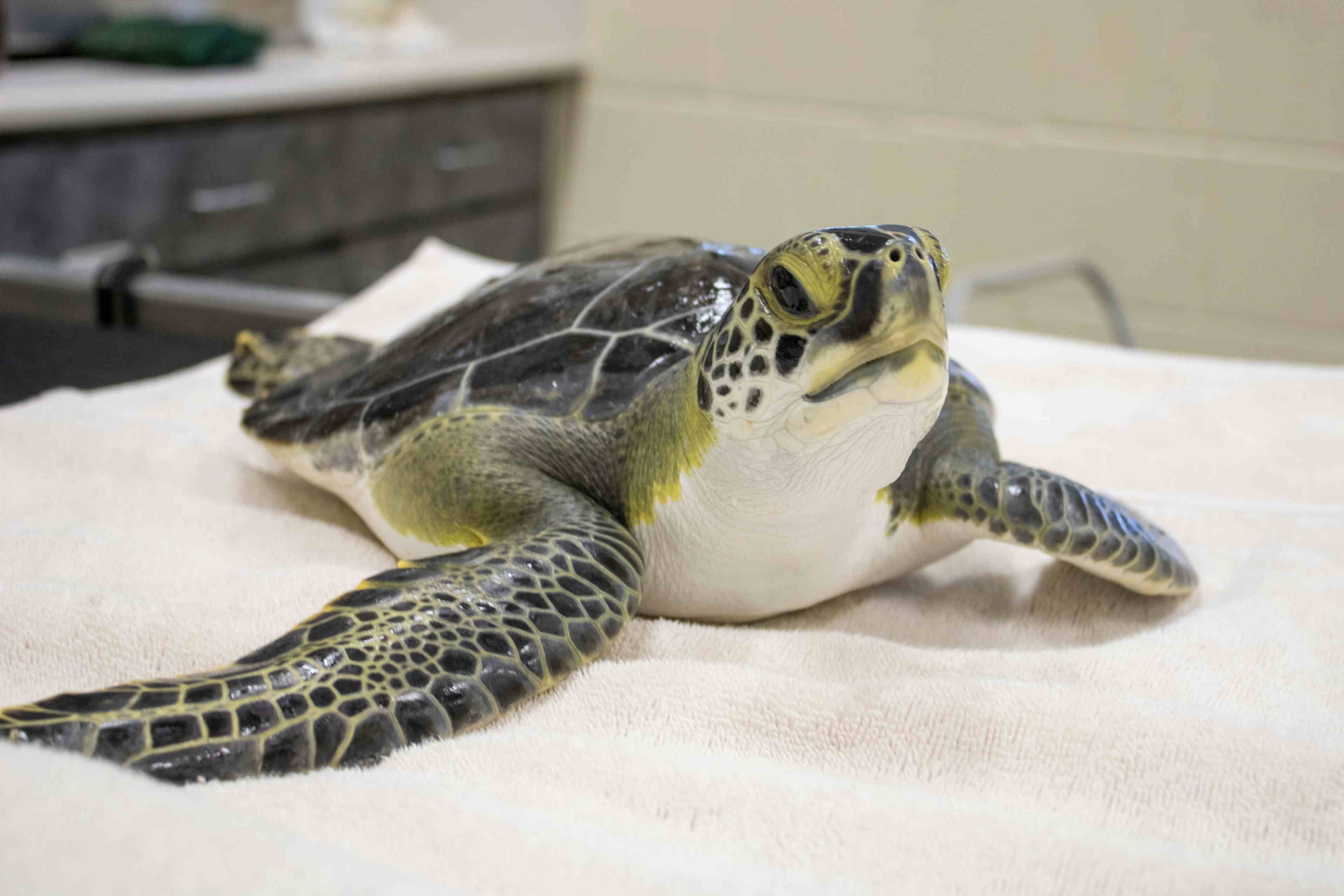U.S. representatives reach across the aisle to form veterinary caucus
Veterinarians-turned-politicians plan to give bipartisan support to veterinary health issues.
U.S. Rep. Kurt Schrader, D-Ore., and U.S. Rep. Ted Yoho, R-Fla., both veterinarians before entering politics, have united to form the first bipartisan Veterinary Medicine Caucus in the U.S. House of Representatives. The caucus reportedly aims to increase awareness of the role veterinary medicine plays in research, public health, animal health and welfare, food safety and the economy.

“People have no idea what a major role veterinarians play in advancing the health of both animals and people,” Yoho says in a letter drafted by the caucus to fellow representatives. “This caucus will be a great way to spread the word among legislators and other decision makers who have the power and influence to make a difference.” A freshman House Representative, Yoho won his seat with zero political experience but as a veterinarian and longtime business owner with a conservative platform.
An organic farmer and veterinarian for more than 30 years, Schrader was elected to Congress in 2008 after serving in Oregon’s state legislature since 1996. “It is great to have a fellow veterinarian and partner on the other side of the aisle in Rep. Yoho, who understands and shares the priorities of the veterinary community,” Schrader says in the letter. “Together, I hope we can use our unique experience and perspective in the field of veterinary medicine to educate and engage our fellow members of Congress on its impacts on public health, animal health and welfare and food safety.”
Schrader recently introduced House Resolution 1124, the Veterinary Medicine Loan Repayment Program Enhancement Act, in the House. The legislation provides a federal income tax exemption for financial awards received under the Veterinary Medicine Loan Repayment Program, which are currently taxed at 39 percent. Funding for the loan repayment program will also come before the present Congress. Yoho expressed in an interview with dvm360 magazine during his candidacy that he supports public loan forgiveness programs for those willing to work in critical-needs areas, but he would prefer they be run and funded at the state level. Yet Yoho is a supporter and cosponsor of HR 1124.
“Getting rid of the tax makes the program more effective without raising the cost,” he says in an e-mail to dvm360. “It frees up 39 percent of the money in the program so it can actually be lent to veterinary students looking to serve underserved communities. Dr. Schrader found a great way to make the program more effective and helpful to students without raising the cost. It’s not often you can do that in Washington.”
Yoho and Schrader have agreed only twice to date as colleagues in the 113th Congress. Although Schrader considers himself a conservative Democrat (he serves as co-chair for communications for the Blue Dog Coalition and co-chair of the New Democrat Coalition’s Health Care Reform Taskforce), he and Yoho don’t agree—politically—on much. Schrader is pro-choice and supports the Affordable Healthcare Act. Yoho won the support of Tea Party enthusiasts with conservative Christian values and a vow to repeal “Obamacare.” Yet with veterinary concerns binding their efforts, the bipartisan colleagues will weigh in as a caucus on legislation like the Farm Bill that has divided Congress without resolution.
Yoho says he respects Schrader as a friend and a colleague. “Even if we don’t agree on policy, I respect his views and his dedication to this job. We could use a little more of that in Congress. The main reason we created the Veterinary Medicine Caucus is educational. If we can help members of Congress see where veterinary medicine fits into the bigger picture—from public health to education—we can have a positive impact on policy.”
The Association of American Veterinary Medical Colleges (AAVMC) expressed its pleasure with having two dedicated representatives. “This is a historic and exciting development for a profession that touches the lives of hundreds of millions of Americans every day,” says Andrew Maccabe, DVM, MPH, JD, executive director of the AAVMC, in a release. “We intend to work closely with the caucus, in partnership with the American Veterinary Medical Association (AVMA), to advance the interests of veterinary medicine and raise awareness of the issues that affect us all.”
The AVMA echoes the sentiment. “Not only were we pleased with two veterinarians as part of the 113th Congress, but we are excited to see how they are using their expertise in the newly established Veterinary Medicine Caucus to advance legislation that is important to the veterinary profession,” says Mark Lutschaunig, DVM, director of AVMA’s Governmental Relations Division, in the same release.





